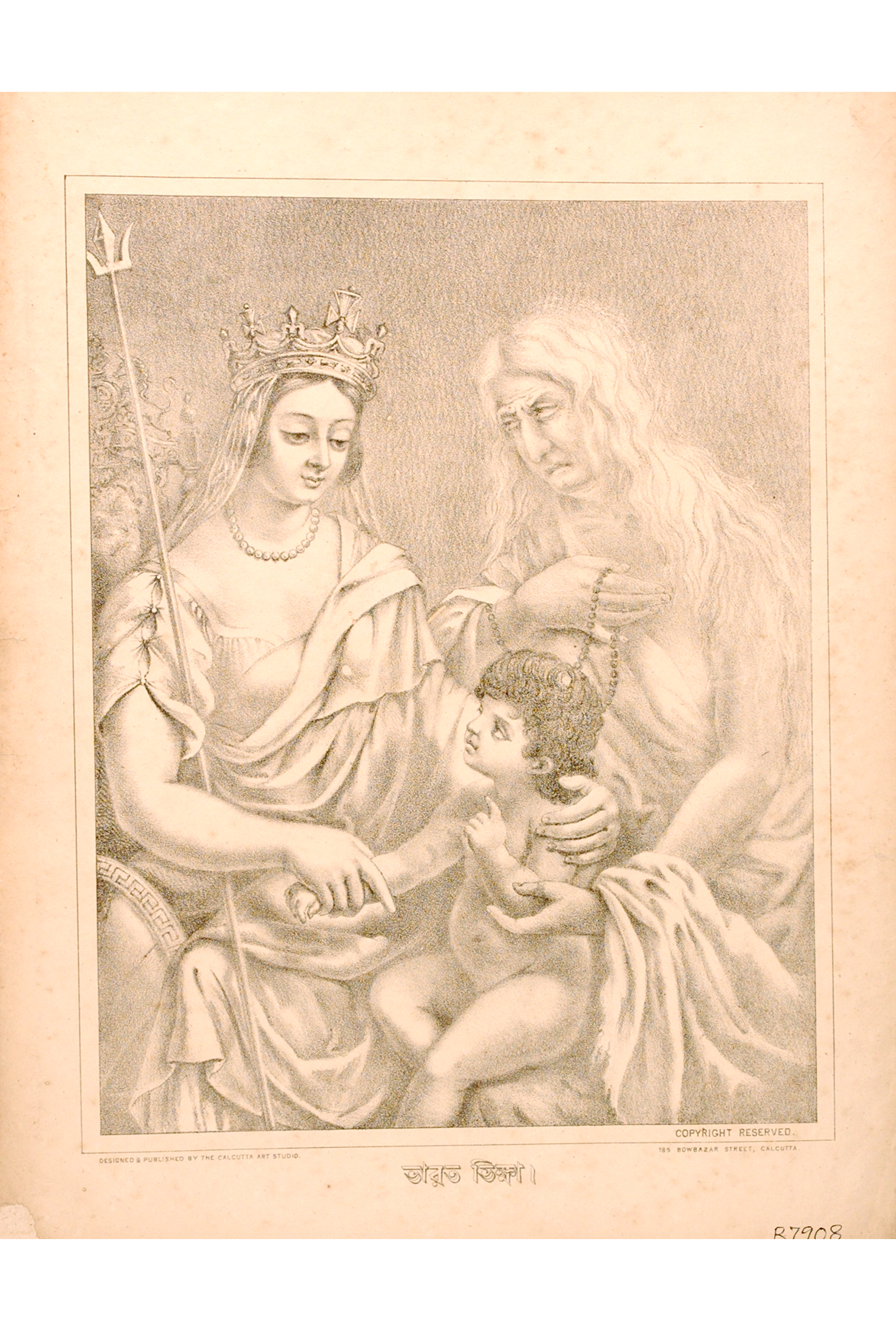
Contemporary Indian fiction is full of older people. In more progressive circles, this literary phenomenon is viewed with some anxiety, as one sign of an intensifying cultural conservatism, allied to the ‘family values’ rhetoric of Hindu Nationalism in which social relations, including those between ruler and ruled, are best modeled along the paternalistic, multigenerational structure of the traditional family, which is moreover deeply invested in casting one’s elders, and the hoary past for which they are seen to stand, as subjects of unmitigated reverence. Indeed, the category of age has acquired such symbolic density over time (and not just in India), that it has become difficult to speak about what is old, elderly and ageing, without also at the same time drawing on the staple binaries of tradition and modernity, past and present, frailty and strength.
That said, to view age always as a metaphor for something else – a critical phenomenon aided in no small measure by the preoccupations of postcolonial theory -- entails excluding other legitimate ways of reading its representation in fiction – readings which privilege corporeality and affect over abstraction. While this course on post-Independence Indian literature on ageing begins by recognizing the usefulness of age in thinking through culture and politics in the subcontinent, it then moves beyond the cultural semiotic approach, to examine a range of responses, from despair to defiance to delight with which older people negotiate changes in family form, social alienation, psychological vulnerability, perceived obsolescence, moral restrictions, diminishing cultural capital, dependence and loss of memory, and not least imminent death.
Weekly classroom lectures and discussions will focus on close readings of a series of short stories, novels and film, in English and in English translation from various Indian languages, paying special attention to the role of body, memory, narrative, objects, care, and the changing dynamics of desire in the diaspora. Week 6 and Week 9 are reserved for solo or group presentations on a prescribed short story that invites critical engagement with significant themes.
- Kursleiter*in: Annabell Fender
- Kursleiter*in: Dr. Ira Raja
